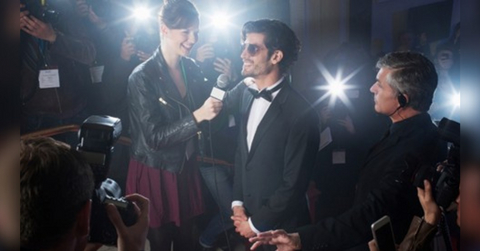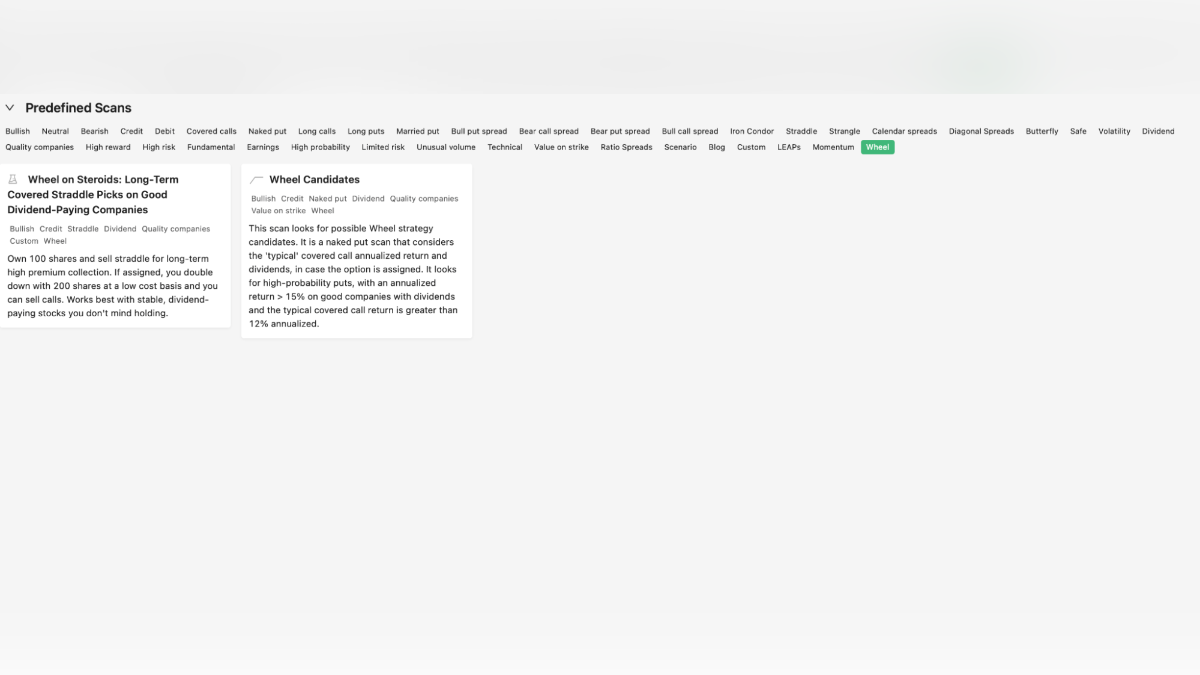What Celebrities Really Think About Sports Betting Endorsements

Aug. 27 2025, Published 2:00 a.m. ET
The relationship between celebrities and sports betting endorsements is… messy. Hotly debated, sure, but also oddly pragmatic. As legalization keeps rolling across states, A‑listers get wooed by betting platforms chasing reach. Some jump. Others hedge. Behind the glossy ads, you’ll find a blend of genuine excitement, careful brand math, and a growing “let’s not wreck our reputations” caution—less paycheck-only than people assume, but not exactly altruism either.
The Authentic Passion Factor
Some stars do like betting. They talk slips, wins, bad beats—the whole thing. That tends to make the promos feel less like promos. Conor McGregor, along with a rotating cast of pros and ex‑pros, has at times shared bets and thinking in public, which—rightly or not—signals that they’re into this.
When it’s real, content basically writes itself. A favorite team, a matchup breakdown, a tiny brag or a humble pie moment after a loss—fans can tell whether the energy is performed or lived. Authenticity sounds like a buzzword, but in a space where people distrust ads, it matters.
There’s a flip side. Personal involvement means personal responsibility, or at least the perception of it. After a streak of losses, the tone often shifts—less chest‑thumping, more “set limits” language. That’s probably wise.
Strategic Brand Alignment
The biggest names treat betting endorsements like any other high‑stakes partnership: slow, picky, and slightly paranoid (in a good way). LeBron James and Cristiano Ronaldo, by most accounts, evaluate deals through a values-and-legacy filter. It isn’t a perfect science—more vibes plus legal counsel.
Money matters—obviously—but it isn’t the only filter. Messaging, audience fit, and the platform’s reputation for guardrails carry weight. Some stars prefer companies that highlight responsible play and avoid the hard-sell stuff that can read as predatory. Others ask for creative that leans into strategy and entertainment rather than dangling giant payouts. They use different playbooks, but share the same goal: don’t torch the brand.
Responsible Gambling Messaging
There has been a noticeable shift: the disclaimers aren’t an afterthought anymore. Campaigns increasingly highlight “know your limits,” strategy, deposit caps, and other features. McGregor and a handful of peers have emphasized calculated decision‑making over reckless hype—not universally, but enough to mark a trend.
This is due to both concern and self-preservation. Celebrities know their content can normalize behavior, especially for younger followers who might not recognize the risk signals. There is also the looming possibility of backlash—or regulatory heat—if the tone feels irresponsible.
Put differently, they’re modeling the version of betting that sounds fun yet bounded. Whether audiences follow that lead is another question.
Industry Concerns and Pushback
Plenty of names opt out. Some athletes worry a betting logo near their jersey—even metaphorically—could muddy trust in the game or complicate league rules. The conflict-of-interest question isn’t just theoretical; it sits there, awkwardly, in the comments.
Critics also argue that celebrity endorsements can soften the edges, making gambling look harmless and routine. That normalization risk, especially for people prone to addiction, isn’t trivial. This is one reason several stars turn down eye‑watering deals and why others quietly step back after a wave of blowback.
Social media’s scale and speed mean a casual betting video can reach teenagers before any “21+” tag is processed. Some celebrities have toned down the frequency—or the swagger—after realizing who, exactly, is watching.
The Cultural Shift

Like it or not, celebrity involvement helped push sports betting from the margins into the mainstream. That visibility is an opportunity, but it’s also a responsibility—two words that tend to compete in marketing decks.
Most who say yes try to split the difference: they emphasize moderation, process, and risk awareness while still keeping the entertainment value intact. This approach sometimes works, but it can get messy. The current approach feels like a balancing act—with stars chasing upside, guarding reputation, and, on better days, nudging fans toward a healthier way to treat betting. Betting odds are calculated based on historical patterns and data, leading to an understood rhythm that stars either embrace or reject.
Navigating the complex international landscape, celebrities have found that regulations differ significantly from country to country, impacting how promotions are structured and delivered in various markets. This necessitates a nuanced approach, ensuring compliance while maintaining authenticity.
The information provided in this article is for general informational purposes only. Gamble or play responsibly. If you or someone you know has a gambling problem, help is available. Call 1-800-GAMBLER. If you’re in the U.K. and need help with a gambling problem, call the National Gambling Helpline on 0808 8020 133 or go to gamstop.co.uk to be excluded from all UK-regulated gambling websites. We disclaim any liability for any loss or damage arising directly or indirectly from the use of, or reliance on, the information presented.


